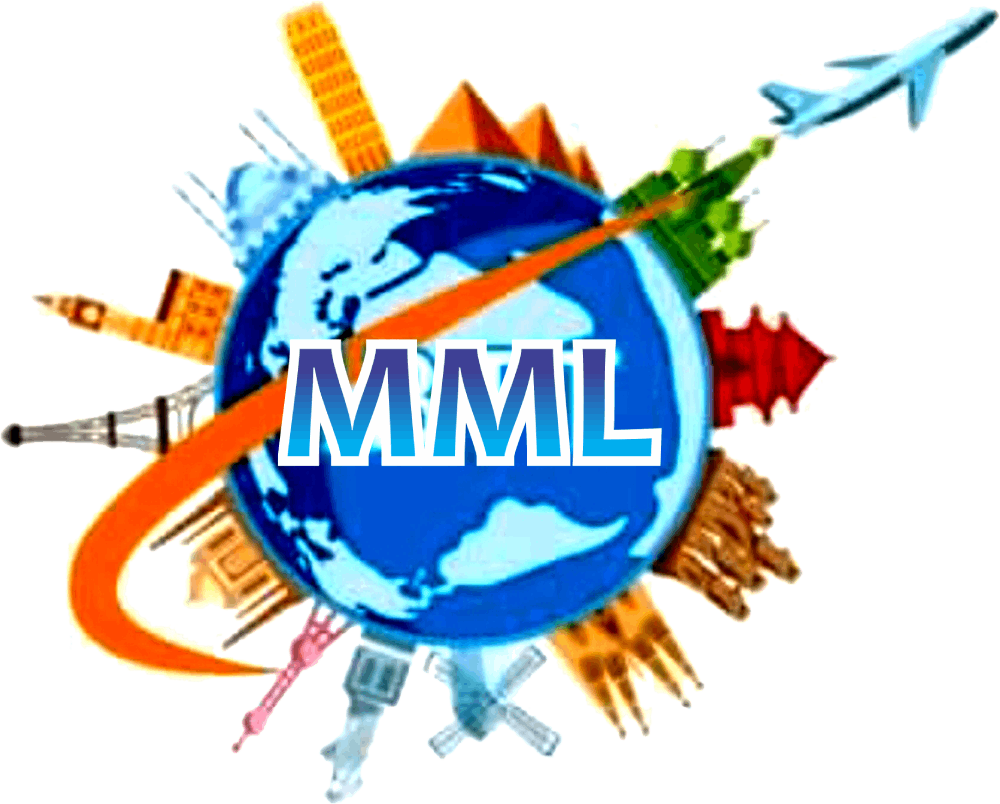

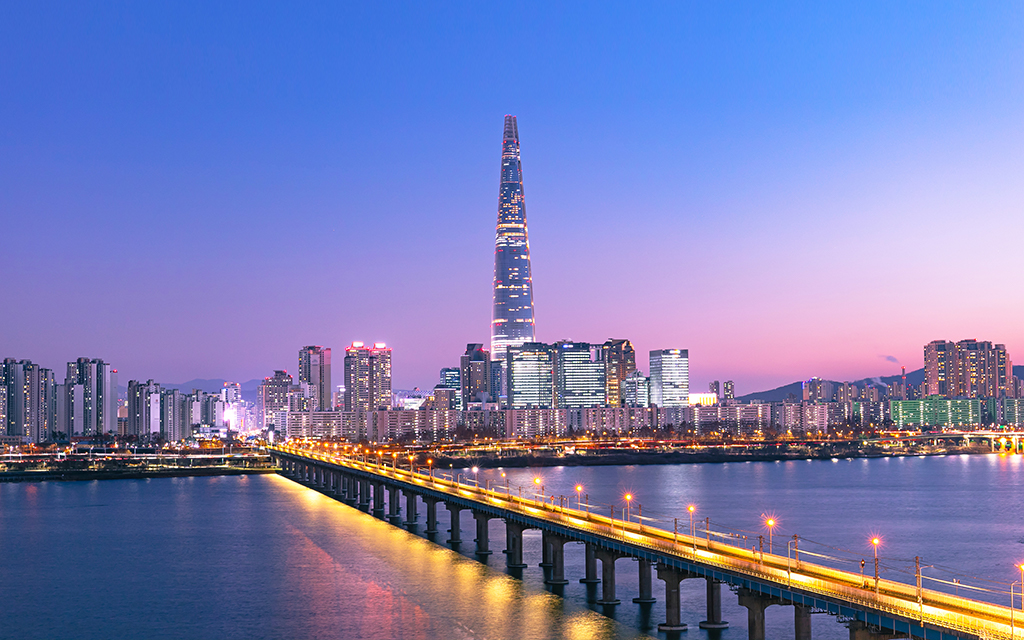
Seoul, officially the Seoul Special City, is the capital and largest metropolis of South Korea. Seoul has a population of 9.7 million people, and forms the heart of the Seoul Capital Area with the surrounding Incheon metropolis and Gyeonggi province. Considered to be a global city, Seoul was the world's 4th largest metropolitan economy in 2014 after Tokyo, New York City and Los Angeles. In 2017, the cost of living in Seoul was ranked the 6th highest globally.
With major technology hubs centered in Gangnam and Digital Media City, the Seoul Capital Area is home to the headquarters of 14 Fortune Global 500 companies, including Samsung, LG, and Hyundai. The metropolis exerts a major influence in global affairs as one of the five leading hosts of global conferences. Seoul has hosted the 1986 Asian Games, 1988 Summer Olympics, and the 2010 G-20 Seoul summit.
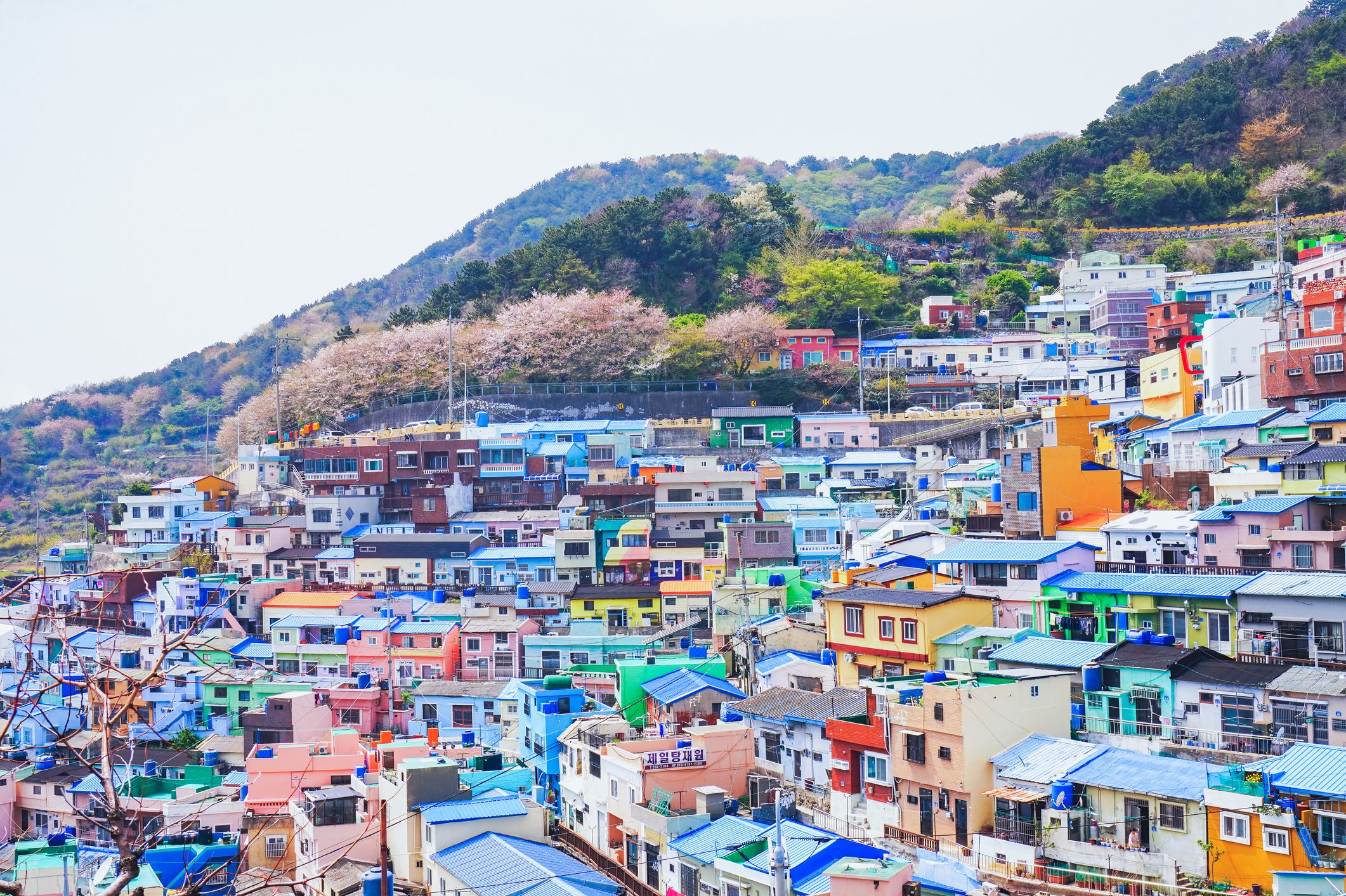
Busan, formerly romanized as Pusan and now officially known as is South Korea's second-most populous city after Seoul, with a population of over 3.4 million inhabitants. It is the economic, cultural and educational center of southeastern South Korea, with its port—Korea's busiest and the sixth-busiest in the world. The surrounding "Southeast Economic Zone" (including Ulsan and South Gyeongsang) is South Korea's largest industrial area.
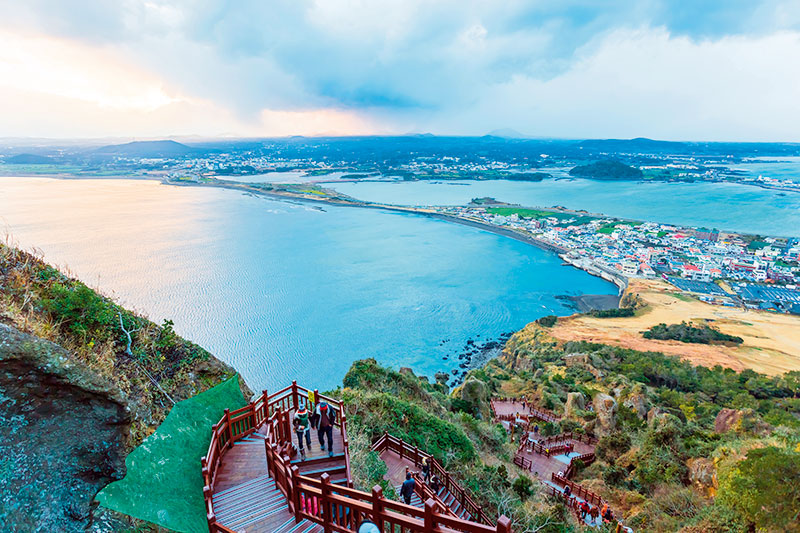
The island lies in the Korea Strait, below the Korean Peninsula, south of the South Jeolla Province. Jeju is the only self-governing province in South Korea, meaning that the province is run by local inhabitants instead of politicians from the mainland.
Jeju Island has an oval shape of 73 km east–west and 31 km north–south, with a gentle slope around Mt. Halla in the center. It is 181 kilometers wide and 258 kilometers long. The northern end of Jeju Island is Kimnyeong Beach, the southern end is Songak Mountain, the western end is Suwolbong, and the eastern end is Seongsan Ilchulbong. It is in the Yellow Sea and East China Sea, Sea of Japan border South Korea's economic and political as well as in military also an important position.
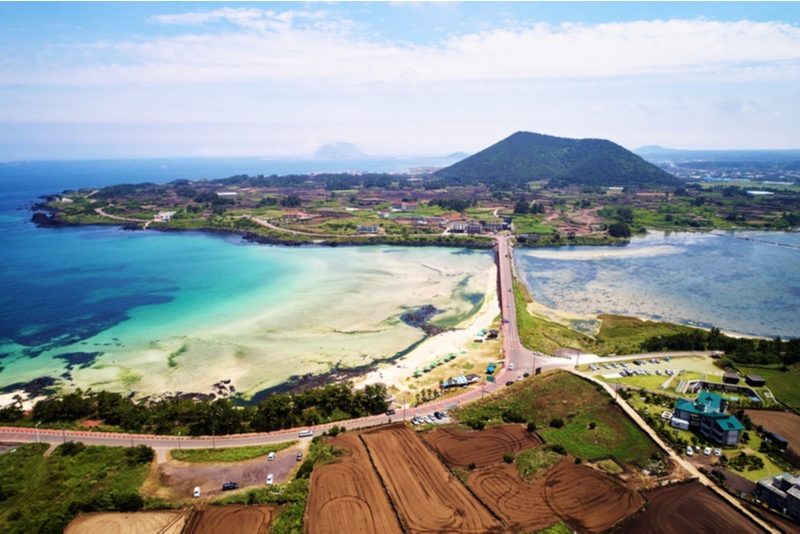
Located on an island off the Korean Peninsula, Jeju has mild, warm weather during much of the year. The city is a well-known resort, with prestigious hotels and public casino facilities. In 2011, 9.9 million passengers flew between the two cities of Seoul and Jeju, making the Gimpo–Jeju route the world's busiest passenger air route. Jeju welcomes over ten million visitors every year, mainly from the South Korean mainland, Japan, and China.
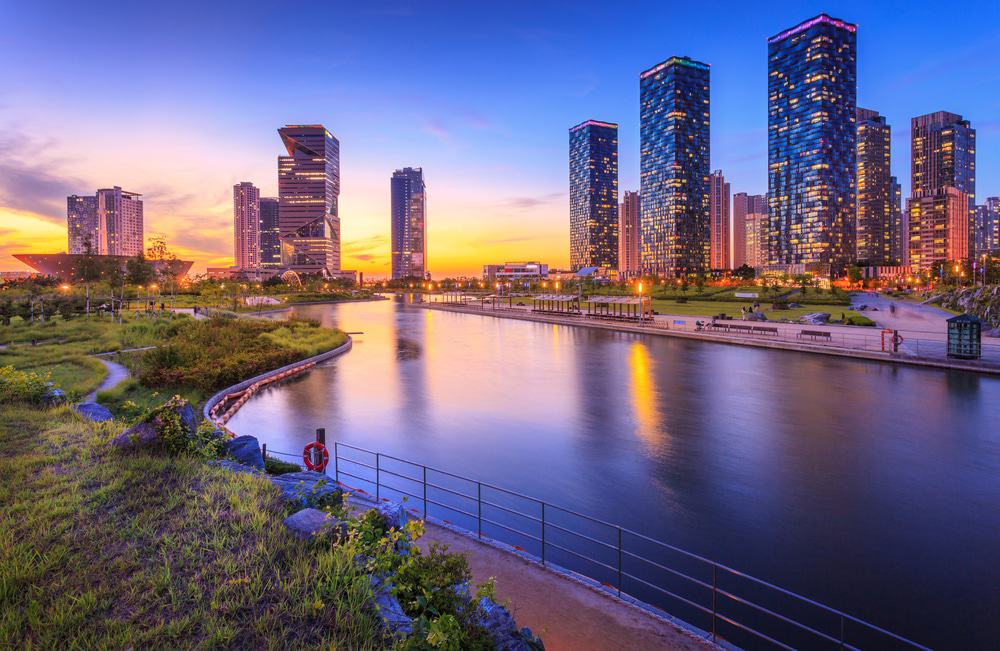
Incheon, a South Korean city bordering the capital of Seoul, has long been a transportation hub. The ultramodern, massive Incheon International Airport, with railway connections to Seoul, features a casino, spa and golf course. Yeonan Pier, close to the popular Incheon Fish Market, is the starting point for many boat tours. Incheon is also known for its beach-lined islands, including Yeongjong and Muui-dong
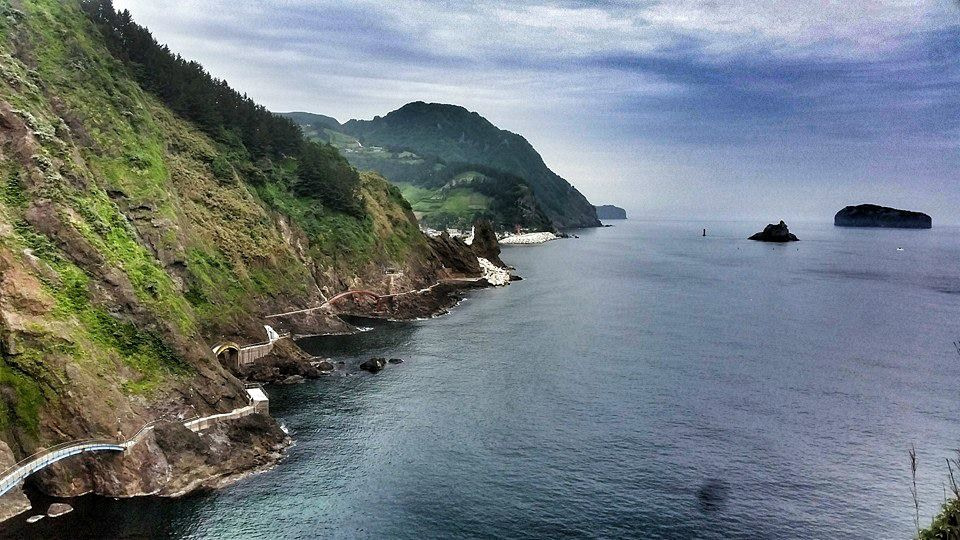
Favorite activities for tourists are hiking, fishing, and eating hoe (a Korean raw fish dish). Sightseeing boats make regular three-hour circuits about Ulleung-do, departing from the harbor at Dodong and passing by all the points of interest along the coast, including many interesting rock formations and the small neighboring island of Jukdo. Other scenic sites are Seonginbong, the highest peak on the island (984 m (3,228 ft)); Bongnae waterfall; the "natural icehouse"; and a coastal cliff from which the Liancourt Rocks can be discerned in the distance.